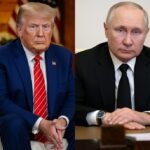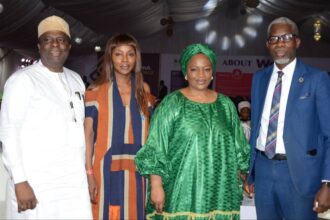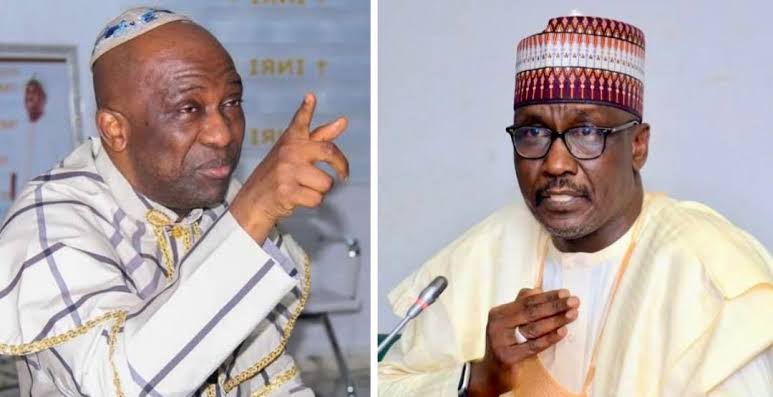Massad Boulos, Senior Adviser to the United States President Donald Trump on Arab and African Affairs, has rejected reports suggesting that Christians are being deliberately attacked in Nigeria, describing the allegations as “inaccurate and exaggerated.”
Boulos made the remark on Friday during a courtesy visit to President Bola Tinubu at the Presidential Villa in Abuja. His comments come amid growing international debate over alleged religious persecution in Africa’s most populous nation.
Crisis Rooted in Terrorism, Not Religion
Speaking to journalists after the meeting, Boulos emphasized that the violence ravaging several parts of Nigeria stems from terrorism and insecurity rather than religious hostility.
“Those who know the terrain well understand that terrorism has no colour, no religion, and no tribe,” he said. “Groups like Boko Haram and ISIS have killed both Christians and Muslims. This is not a crisis of faith but one of insecurity and terror.”
According to the U.S. presidential adviser, insurgent groups operating in northern and central Nigeria have inflicted suffering on people across religious and ethnic lines.
“It’s unfortunate, but people from all backgrounds are dying as a result of terrorism,” he noted. “In fact, Boko Haram and ISIS have claimed more Muslim lives than Christian ones. This is not a genocide against a specific group, it’s a humanitarian tragedy affecting everyone.”
Context: Rising Global Concern Over Religious Freedom
Boulos’ comments come at a time when several U.S. lawmakers and human rights organizations have been urging Washington to designate Nigeria as a “Country of Particular Concern” (CPC) for alleged violations of religious freedom.
In recent months, reports from advocacy groups such as Open Doors and Christian Solidarity International have accused Nigerian authorities of failing to protect Christian communities from targeted attacks, especially in the Middle Belt and northern states.
However, Boulos challenged that narrative, stressing that the crisis should not be framed solely along religious lines. “The farmer-herder clashes, banditry, and insurgency are complex issues driven by competition for land, poverty, and governance challenges, not simply by faith differences,” he explained.
Nigeria’s Diversity and Tinubu’s Efforts Commended
The U.S. official praised Nigeria’s long-standing record of religious coexistence, describing it as a country with a rich mix of ethnic and faith traditions that have historically lived side by side.
“This has never been a fundamentally religious issue, and it should not become one now,” Boulos said. “Nigeria’s strength lies in its diversity, and that unity must be preserved.”
Boulos also commended President Tinubu’s administration for its ongoing reforms to strengthen national security and foster interfaith harmony. He called for continued cooperation between the United States and Nigeria in combating terrorism and addressing the root causes of communal violence.
“The partnership between both countries remains essential,” he added. “Working together, we can reduce insecurity and promote lasting peace.”
International Reactions and Local Realities
The remarks from the White House adviser have sparked discussions among analysts and observers. Some view his comments as a diplomatic effort to balance Washington’s relationship with Abuja, while others see it as an attempt to downplay legitimate concerns over religious violence.
Nigeria continues to grapple with multiple security challenges, from Boko Haram’s decade-long insurgency in the Northeast to farmer-herder conflicts and bandit attacks in the North-Central and Northwest regions.
While the Nigerian government insists that it is committed to protecting all citizens regardless of faith, critics argue that stronger actions are needed to prevent further loss of life and restore confidence among vulnerable communities.
In summary, Boulos’ visit underscores Washington’s interest in strengthening ties with Nigeria under Tinubu’s leadership while also reframing the global narrative on the country’s religious crisis. His message: Nigeria’s violence is complex, but not a war of faiths.









